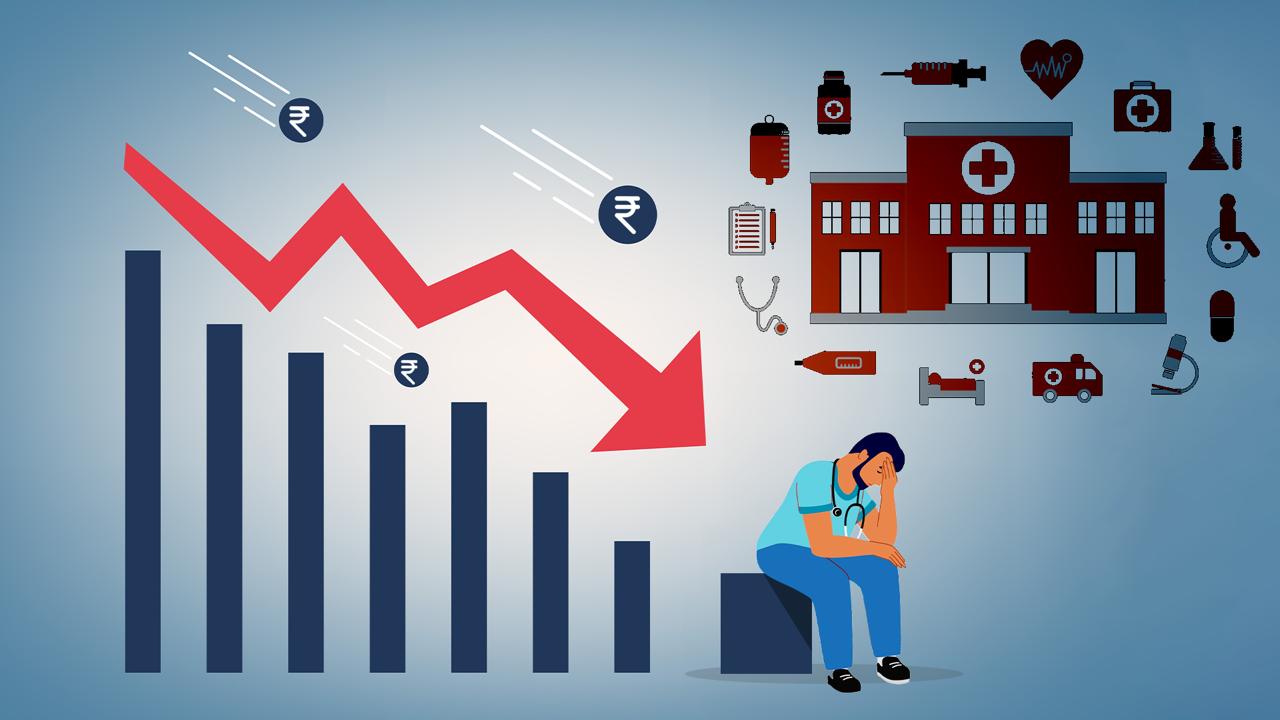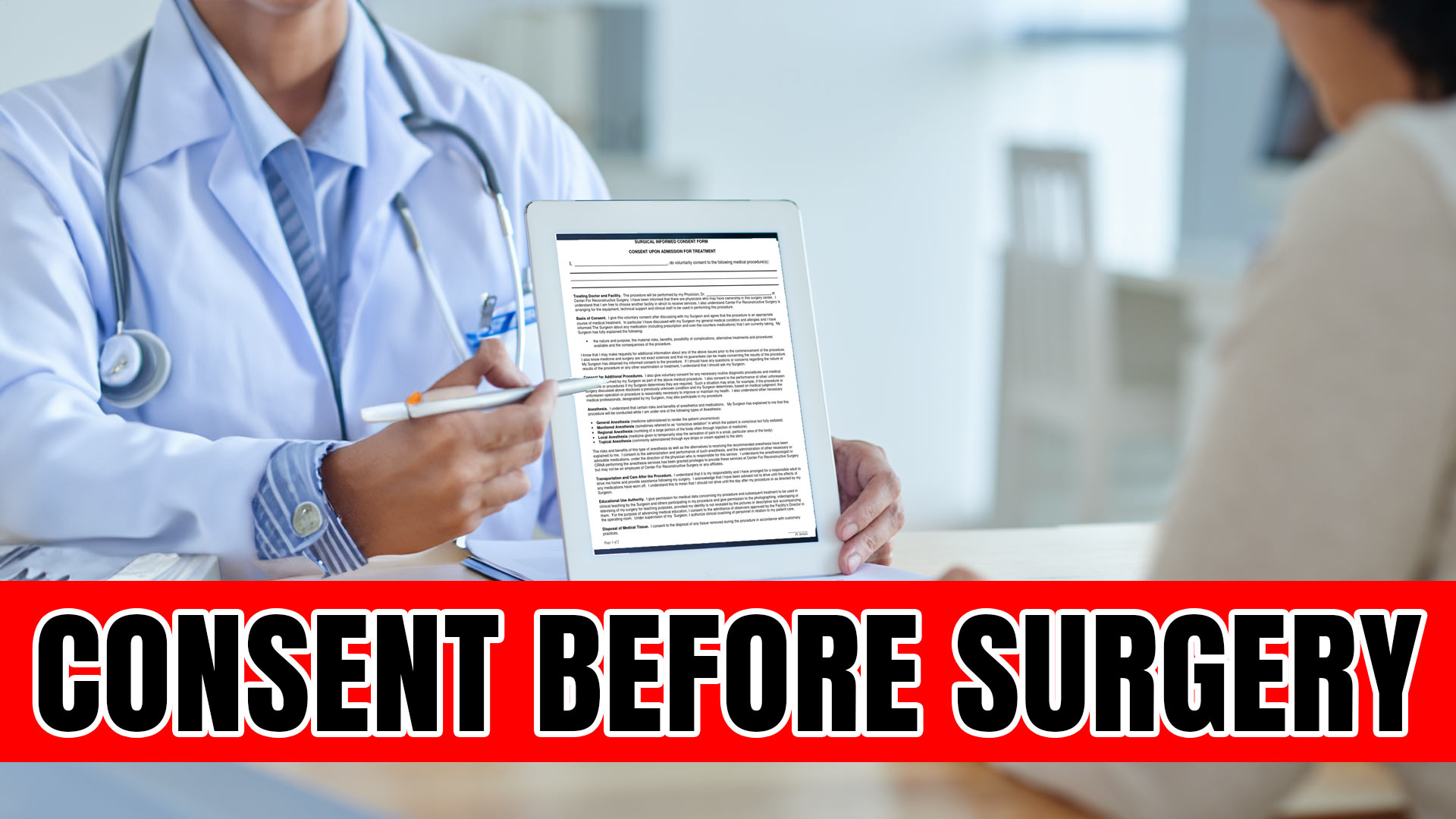
The Struggles of Small and Medium-Sized Hospitals in India: An Existential Crisis
The future for small and medium-sized hospitals in India appears bleak. With mounting challenges from all directions, it's only a matter of time before even in smaller towns, these small centers are replaced by large corporate hospitals. The implications of this shift could be far-reaching, leading to reduced access to affordable healthcare for many and the erosion of community-based medical services.

Professional Indemnity for doctors & Hospitals
Professional indemnity is a necessary evil. It indemnifies the doctor / hospital from the financial loss, in case of adverse outcomes in consumer court. It is advisable to select the right insurer and an adequate sum insured. Over the years, the doctors / hospitals have been exploited by the public, advocates as well as the insurance companies. Innovative reforms are need of the day. The professional bodies need to make collective and sincere efforts in this direction, so that the medical practice continues to be the vocation of choice for the bright practitioners of the next generation re-establishing the lost glory of this noble profession.

Staying Vigilant: The Importance of Medico-Legal Awareness for Doctors in India
The Indian healthcare landscape is undergoing a significant transformation. As medical advancements accelerate and patient expectations rise, so too does the medico-legal terrain for doctors. The unfortunate reality is a growing number of medico-legal cases against healthcare professionals. This article delves into the critical need for doctors in India to stay up-to-date on medico-legal issues and the benefits of attending conferences focused on this evolving field.

Rule 9 of the Clinical Establishments Act, 2012: Balancing Regulatory Authority and Professional Autonomy in Healthcare
This blog examines Rule 9 of the Clinical Establishments (Registration and Regulation) Act, 2012, which empowers state governments to regulate fees charged by healthcare facilities in India. It analyzes the potential conflict between this regulatory power and the constitutional right of medical professionals to practice their profession freely (Article 19(1)(g)). The paper explores relevant legal precedents and academic commentary to understand the delicate balance between ensuring patient welfare through regulation and upholding the autonomy of healthcare providers.

The Future of the Medical Profession in India: A Landscape Shaped by Innovation and Transformation
The Indian medical profession is poised for a period of significant transformation. This blog explores the future of this field, considering current legal frameworks, evolving technologies, and socio-economic factors.

Analyzing Hospital Economics Across India: A Comprehensive Perspective
The dynamics of establishing hospitals in India are intricately tied to the tier of the city in which they are situated. Each tier presents unique challenges and opportunities, shaping the economic landscape for healthcare ventures. Let's delve deeper into the nuances of hospital setups across Tier 1, Tier 2, and Tier 3 cities, including an exploration of the rural segment.

Proxy Consent - Do's and Don'ts
Taking patient’s consent is a doctor’s legal and ethical obligation. Patient consent must be voluntary and informed and can be implicit or explicit. It is a fundamental acknowledgement of patients' autonomy and freedom of choice. Consent given and taken appropriately enhances and strengthens the doctor-patient trust. It is legally obligatory in India to obtain written informed consent of the patient for every medical intervention.

Patients Consent before any Surgery/Procedure/Intervention
Taking patient’s consent is a doctor’s legal and ethical obligation. Patient consent must be voluntary and informed and can be implicit or explicit. It is a fundamental acknowledgement of patients' autonomy and freedom of choice. Consent given and taken appropriately enhances and strengthens the doctor-patient trust. It is legally obligatory in India to obtain written informed consent of the patient for every medical intervention.

Filling the Consent Form Correctly
Taking patient’s consent is a doctor’s legal and ethical obligation. Patient consent must be voluntary and informed and can be implicit or explicit. It is a fundamental acknowledgement of patients' autonomy and freedom of choice. Consent given and taken appropriately enhances and strengthens the doctor-patient trust. It is legally obligatory in India to obtain written informed consent of the patient for every medical intervention.




